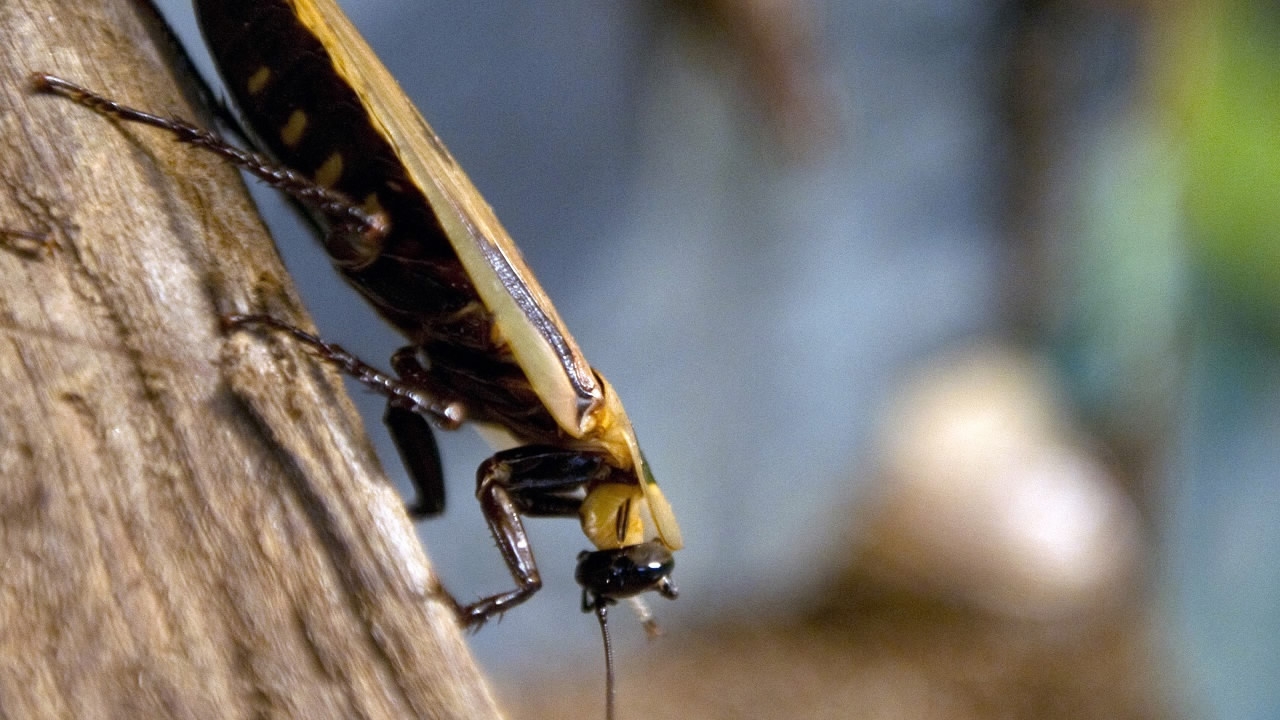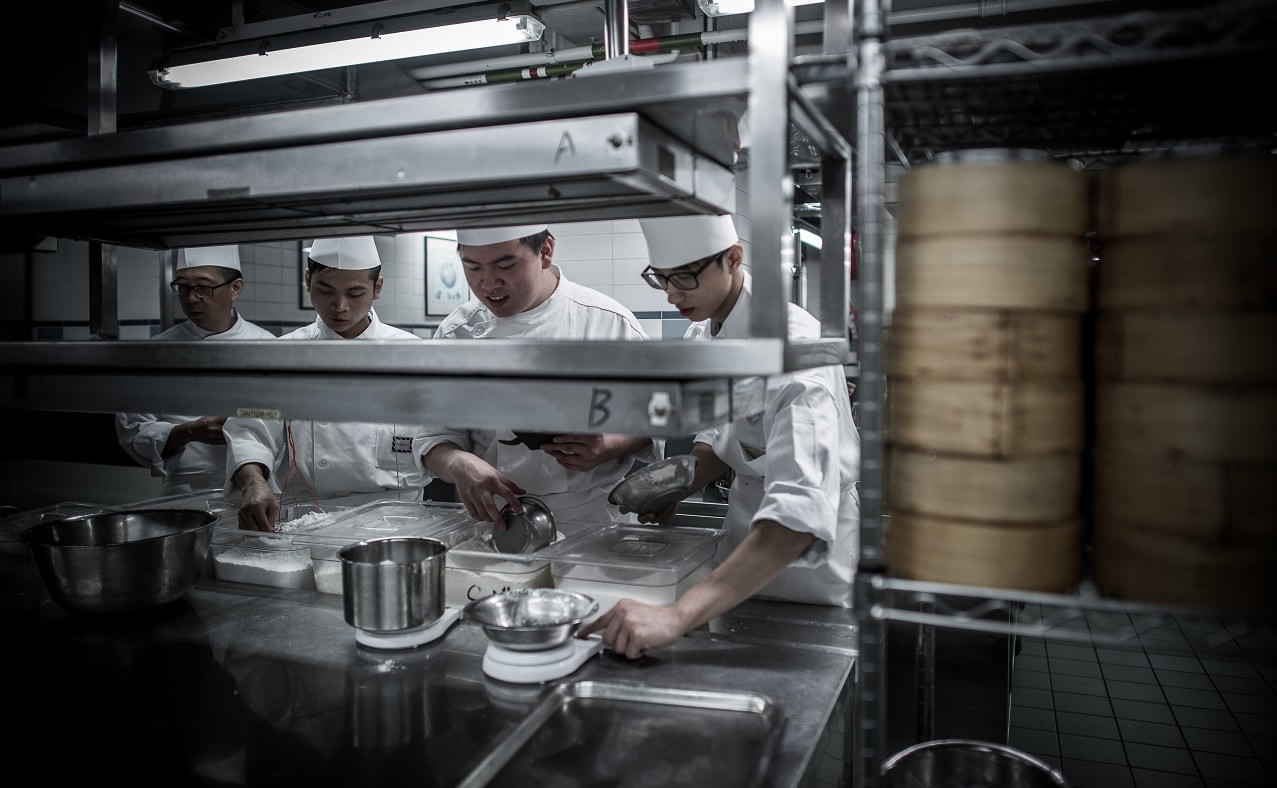
Tech & Sci
19:37, 31-Aug-2017
Chinese businessman uses cockroaches to tackle waste

For many people, cockroaches trigger feelings of disgust. But where others saw a pest, businessman Li Yanrong saw promise.
On an 1,800-square-meter plot, two kilometers from Shawan village in Jinan, Shandong Province, the 50-year-old businessman has built a facility to research new ways of harnessing cockroaches.
"We spent six years doing research into using cockroaches after finding that they can feed on kitchen waste and create no pollutants," said Li, general manager of Qiaobin Agricultural Technology. Cockroaches are not just pests, but can be beneficial to society, he added.

According to Li Yanrong, general manager of Qiaobin Agricultural Technology, 300 metric tons of American cockroaches can eat 15 tons of kitchen waste a day. /AFP Photo
According to Li Yanrong, general manager of Qiaobin Agricultural Technology, 300 metric tons of American cockroaches can eat 15 tons of kitchen waste a day. /AFP Photo
At a workshop in the plant, where simple equipment is used to process kitchen waste, the air smells foul. Every day, kitchen waste, which comes from the environmental sanitation agency, is broken down and piped into a concrete building filled with millions of cockroaches.
Li has 300 metric tons of American cockroaches that can eat 15 tons of kitchen waste a day, about 25 percent of the amount produced in the city's Zhangqiu district.
And he is planning to expand. He has signed a contract with a Beijing company that will invest in a new plant. "We will equip the new facility with high-quality equipment to ensure no odor is discharged," Li said.
When the new facility is completed this year, the company will be able to process 60 tons of kitchen waste a day.
If the company can handle 100 tons a day, it will earn 7.59 million yuan (1.14 million US dollars) a year, Li said. In addition, the company can earn 36.5 million yuan a year from selling protein feed produced from the eggs of cockroaches.
"A cockroach begins laying eggs when it is four months old. It lays one egg each week, and can lay eggs for eight months," Li said.
"Using insects to solve big problems is being done around the world. The most successful case is Australia's use of dung beetles to deal with cow dung, which prompted us to think of using cockroaches to deal with kitchen waste," he explained.
"We are the first in the world to do so and we have applied for patents for the project."
Li's research team consists of five people all with master's degrees. Before their work with cockroaches, they focused on developing medical equipment.
"Using cockroaches to deal with kitchen waste is good for our country and for business," Li said. "Social problems created by kitchen waste will be eradicated."
382km
Source(s): China Daily

SITEMAP
Copyright © 2018 CGTN. Beijing ICP prepared NO.16065310-3
Copyright © 2018 CGTN. Beijing ICP prepared NO.16065310-3